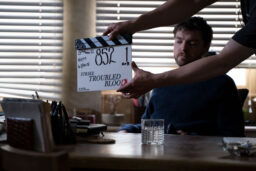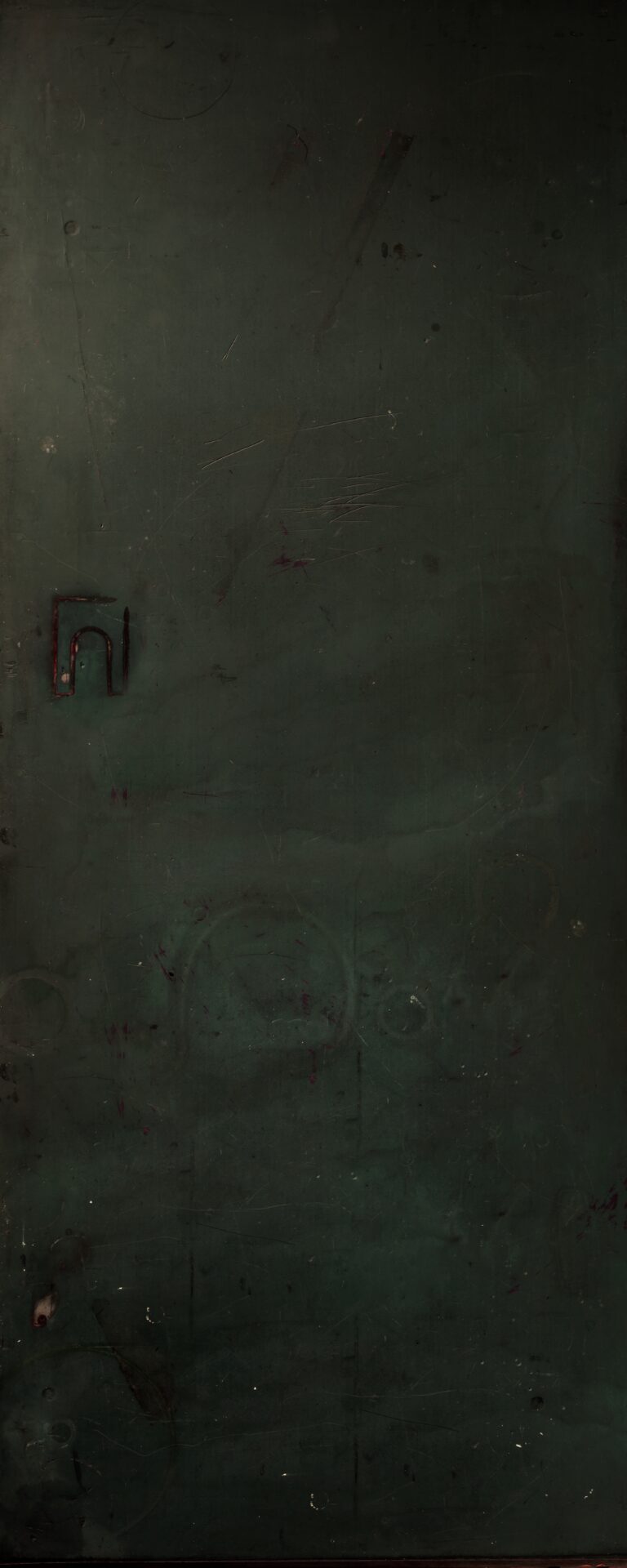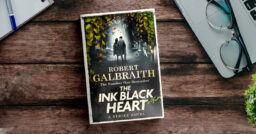Troubled Blood TV writer Tom Edge
Interview with Writer Tom Edge
Q: Can you introduce us to the series and where you find our heroes?
A: Troubled Blood opens in what appears to be quite a settled period for Strike and Robin, their agency is going really well and they have a ton of work. However, underneath the surface there’s a lot going on with them individually.
For Robin, she’s in the aftermath of her divorce which is proving really taxing. Matthew is as you might expect, being extremely difficult and using it as an opportunity to punish her. Beyond that she is facing being 30 and asking herself some very big questions about who she’s gonna become.
For Strike, again, some things feel like a liberation, he is no longer kidding himself about the relationships that he is in and the business being settled is nothing but a good thing. But his Aunt Joan has just been diagnosed with a very aggressive and fast moving cancer and for Strike this really begins to open some old wounds. He is somebody who doesn’t want to be needed by family and prefers to keeps things emotionally at an arm’s length and the diagnosis and the obligation to be close and to help out really brings to the surface some challenging questions for him.
Q: Tell us about the case in Troubled Blood?
A: The case that Strike takes on in Troubled Blood is the case of a missing person, Margot Bamborough who has been missing since 1974 and it’s her daughter who approaches Strike and asks him if he would take one last shot at finding out what happened to her.
Strike and Robin set about turning over the old police files and interviewing the very few colleagues that are still alive, most of whom are in their 80s, while they begin to discover the deeper story of what may have happened to Margot Bamborough. I think they also find themselves wrestling with their own memories of motherhood and what it is to be a child whose mother doesn’t come back, that’s very potent in Strike’s case.
The story takes us into some very strange domains, it whisks us back into the world of London in the 1970s with Soho vice dens and clubland and the daily misogyny of Margot Bamborough being a woman in a man’s world working as a female GP with some other stuffy patriarchal colleagues. For Robin it’s quite potent as well because she of course is a female private investigator, it’s a world which traditionally feels quite boysy and which she isn’t necessarily confident about being taken seriously.
Q: The book is very expansive – how did you tackle the adaptation and know what to include and what to leave out?
A: Yes a thousand page book is always going to be a challenge to adapt into 4 hours. The BBC and HBO were very supportive and I never felt constrained but at the same time some reshaping does inevitably have to occur.
I think Troubled Blood is probably the most faithful adaptation to date. We were able to preserve an awful lot in terms of both plot and the list of characters, which I was really pleased about. We come to the books as fans first and the overwhelming desire is to do them justice at the beginning, they have millions of fans as readers and we never want to disappoint them.
Q: For audiences one of the big questions is the story arch of Strike and Robin’s relationship. How do you maintain that intrigue without it going too far?
A: The books do a very good job of teasing at the possibility of a relationship between Strike and Robin, but crucially also making us understand why they are both afraid of it going wrong. Strike says something very telling in Troubled Blood – he calls Robin his best friend and I think in doing that we see two things. On the one hand he is telling her how much he values her but on the other hand we’re getting a glimpse of what he stands to lose if this goes wrong. She’s his a partner in the business, she has become his closest friend in life and Strike knows that he is terrible at relationships, and that he risks losing an awful lot if he messes this up with Robin. I think we understand why there is so much reticence, it’s not because he particularly has questions, it’s because he can’t bear to lose her and understands he’s very likely to, because of the baggage that he carries with him.
I think there is real complexity for Robin, she has just exited a marriage that lasted a very short time and the end of her marriage to Matthew was quite humiliating for her. She is not someone who takes others for granted, she hates the fact that her parents spent so much money that they didn’t have on a wedding that lasted months, and Robin knew it was wrong from the moment she said “I do”. It’s also true that she has been in a relationship with Matthew and no one else for a very long time, they started going out together when they were at school and Matthew is the only man that she has ever been in a relationship with. There’s hesitation from Robin as well and a fear that she doesn’t know enough and might make mistakes.
Q: How much do you think Cornwall plays a role in being able help us define Strike as a person?
A: It’s a really interesting question. Cormoran is named after a Cornish giant so, Cornwall is with him whenever he gives his complicated answer to someone getting his name wrong. Troubled Blood is the first time, we truly explore the disjunct between Strike as we’ve come to know him, living above his office on Denmark Street in the heart of London, and Strike as he once was, a kid, often foisted on his Aunt and Uncle in St Mawes, worrying that his mother might never come home, given her wildness and her seeming lack of regard for her progeny. But at the same time, even though Cornwall might have felt like somewhere he was dumped initially, the truth is it becomes enormously important to him, and it’s not just through his Aunt Joan’s sometimes suffocating attempts to mother him, it’s from his relationship with his Uncle Ted.
I think the process of going back to Cornwall in Troubled Blood is one that ends up in being profoundly healing for him, even as he fights it, we can see the connection that he makes with the sea and what it means to him to be there and to have a sense of calm. I think we understand Strike much better for seeing him down there, both as a child struggling and wondering where his mother was in the world, and as an adult reconciling himself to the fact that this has been his home.




